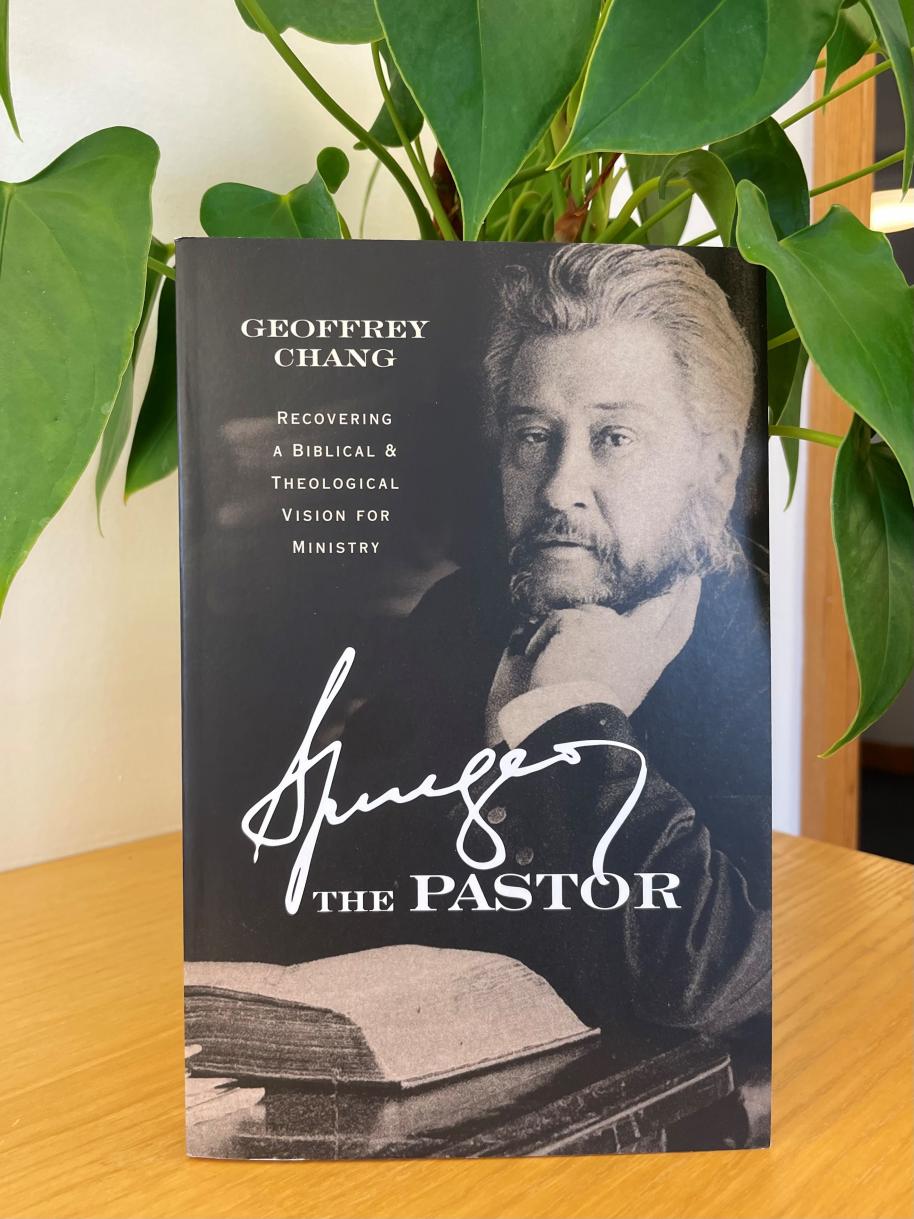Let's Read: Spurgeon the Pastor: The Church Gathered

Let’s Read Spurgeon the Pastor: The Church Gathered
By Davy Ellison
Recently someone asked me if I was going to a particular church service. I responded by saying, “Yes, I think I have to.” I quickly caught myself—and changed my answer, with a wry smile, to, “Yes, I want to.”
At times all of us feel a little flat about attending church. We find ourselves tired, busy, distracted and it feels like attending a church service is low down the priority list. But “For Spurgeon, the church was not optional to the Christian life. It was the place in which the Christian life was to be lived out” (p. 4).
The first two chapters in Chang’s book Spurgeon the Pastor focus on church services and what takes place there. Given they are not optional extras for the Christian life, it would be to our benefit to reflect on what takes place there and how it benefits us.
The Primacy of Preaching
I found it somewhat ironic that a book which laments the amount of attention devoted to Spurgeon the preacher at the expense of Spurgeon the pastor began with a chapter on preaching! Nevertheless, Chang makes a great argument for beginning here—and of course, this is not where his exploration of Spurgeon will end.
Chang highlights three reasons why we need to wrestle with the primacy of preaching. First, preaching is the baseline of ministry. It is true that “pastoral ministry involves more than preaching. But it is not less than preaching” (p. 41). Preaching is not the goal of pastoral ministry; it is the foundation. It is the most basic piece on which the rest of ministry is built or from which the rest of ministry emanates. Second, preaching shapes the church. It perhaps does not always feel like it, but week by week the preached word—under the work of the Spirit—changes people, slowly. As Chang observes:
Spurgeon believed that preaching shapes the church. Preaching is how a pastor leads and grows the church spiritually. The character and health of the church depend on the ministry of the Word. (p. 18)
Third, pastors must therefore give themselves wholly to preaching. Chang illustrates this by outlining the seven steps of Spurgeon’s sermon preparation—a process that to my mind has some serious flaws, but that is a conversation for another day!
All of this underlines the primacy of preaching, not only for the pastor but for the church gathered.
Permit me to offer three brief reflections for us all to consider:
- For those of us who preach, are we serious about the time, energy and devotion we give to sermon preparation? Is it a fundamental part of our ministry? If we are to follow the underpinning convictions that shaped Spurgeon’s pastoral ministry, it should be.
- For those of us who shape corporate worship services, do we give appropriate time to the Bible preached? The danger is that we pack the service full and squeeze the sermon into the time remaining. If preaching is what shapes the church—or, at least, what should shape the church—then we should let it likewise shape the corporate worship service.
- For those of us who listen to sermons week by week, are we eager to hear them? The Bible preached is our spiritual nourishment, it is a key component in our Christian diet, and so we should be keen to listen, consider and act on the sermon. Do you listen well?
The Simplicity of the Service
Related to the above reflections on the primacy of preaching, Chang moves on in chapter 2 to explore the shape of church gatherings. The most striking thing here is the simplicity of Spurgeon’s “Liturgy” combined with his commitment to varying it (pp. 50–51). Perhaps we seek to do too much or introduce unnecessary complexity into our gatherings. If we sing, pray, read Scripture, preach and observe the ordinances, we are not that far away from a beneficial simplicity in a service of worship.
Spurgeon also appeared to maintain serving the congregation as the overruling principle in planning services. Did the various components of the service contribute to serving the congregation well—not necessarily pleasing them, but aiding them in prayer, sung worship, exposure to the Bible and response to the Word. Chang exhorts: “Keep the elements of the service simple and spiritually edifying to the congregation” (p. 72).
To Spurgeon’s mind, church leadership is responsible for the planning and execution of the public gatherings of the church. But these leaders must resist pushing their preferences and instead ensure that they let Scripture guide what is most profitable for serving the congregation in the service.
Loving the Church is Loving Jesus
Spurgeon asserted: “You will not think any less of Christ for thinking much of his church” (p. 10). This is something we observed in our previous #LetsRead book, Why Should We Love the Local Church? Christ and his church are inseparable. Therefore, loving the church well is loving Christ well. And vice versa: “Spurgeon’s love for Christ prompted him to also love the church” (p.10).
So, prioritise meeting with the church gathered—and while there savour the primacy of preaching and the simplicity of the service.





